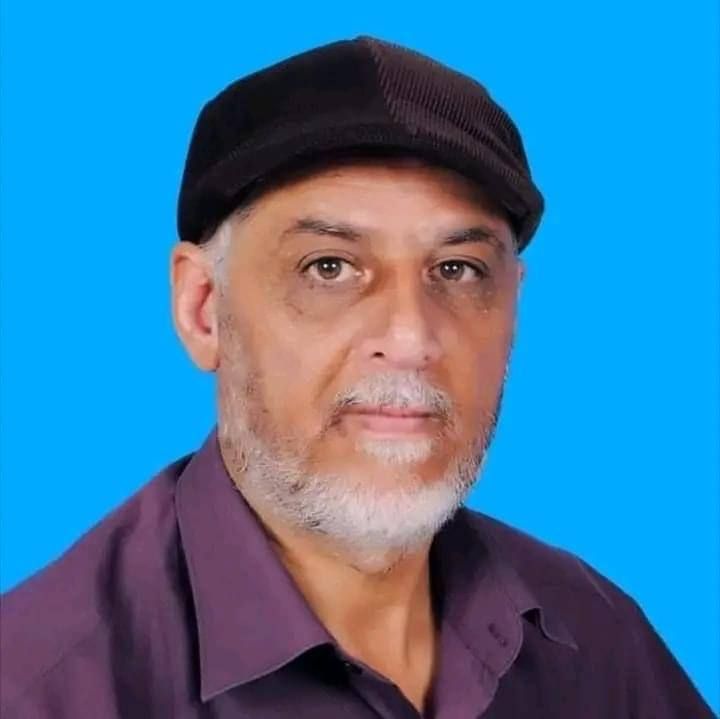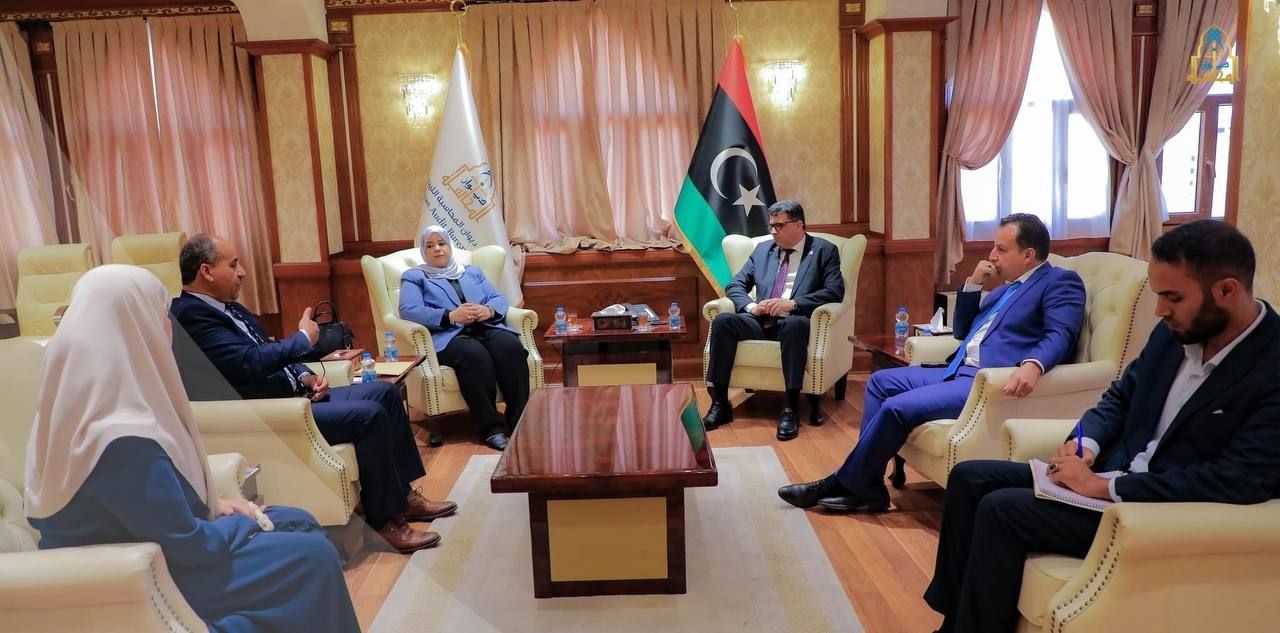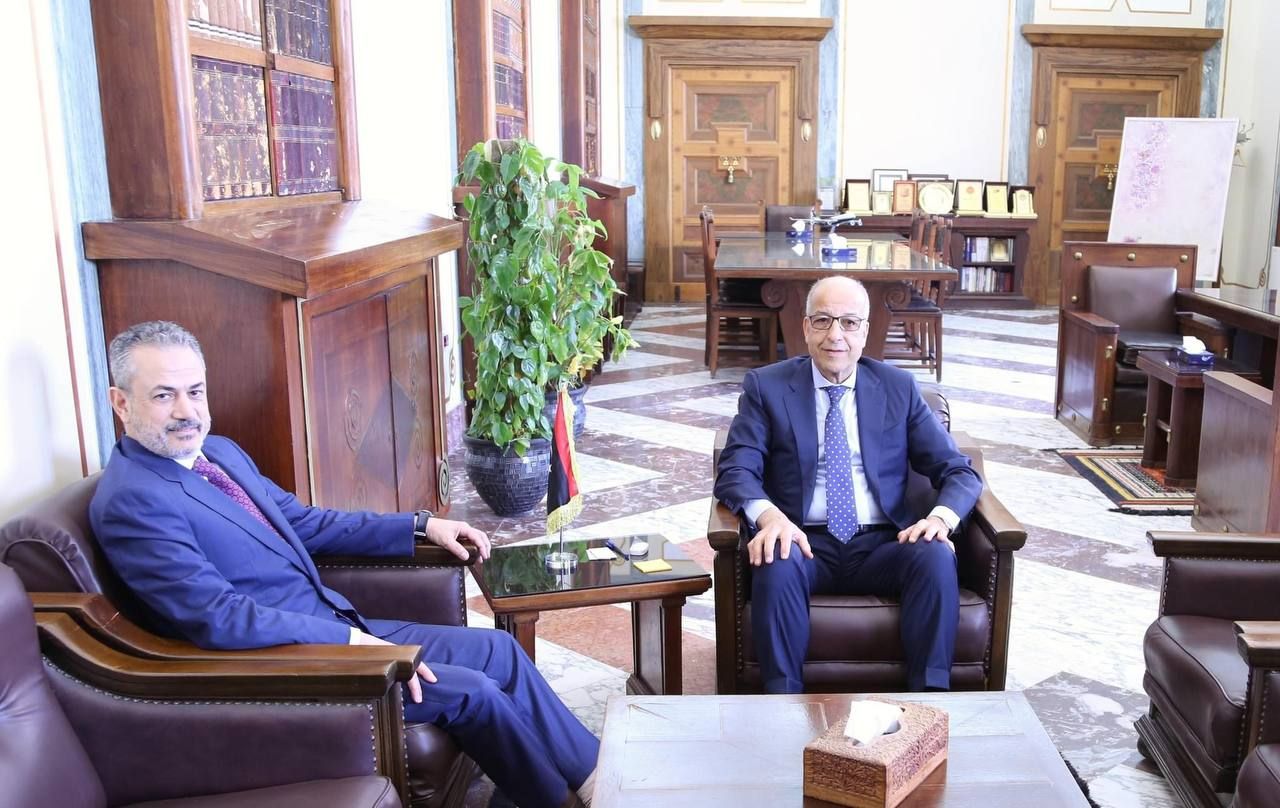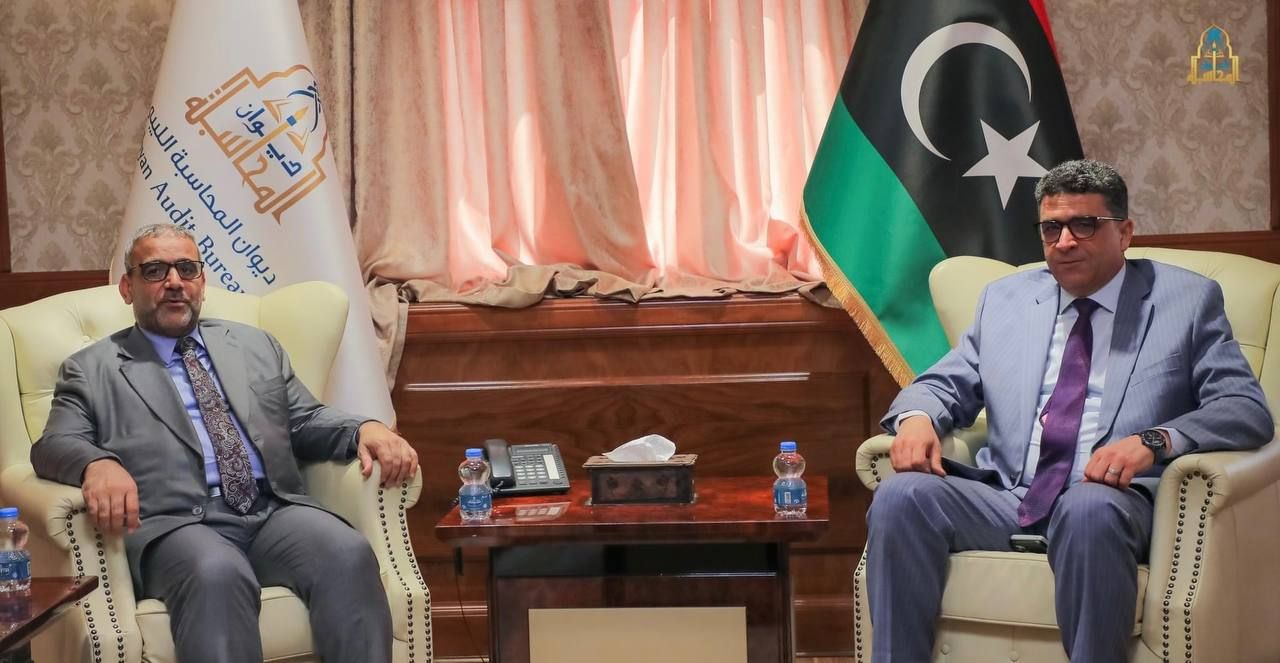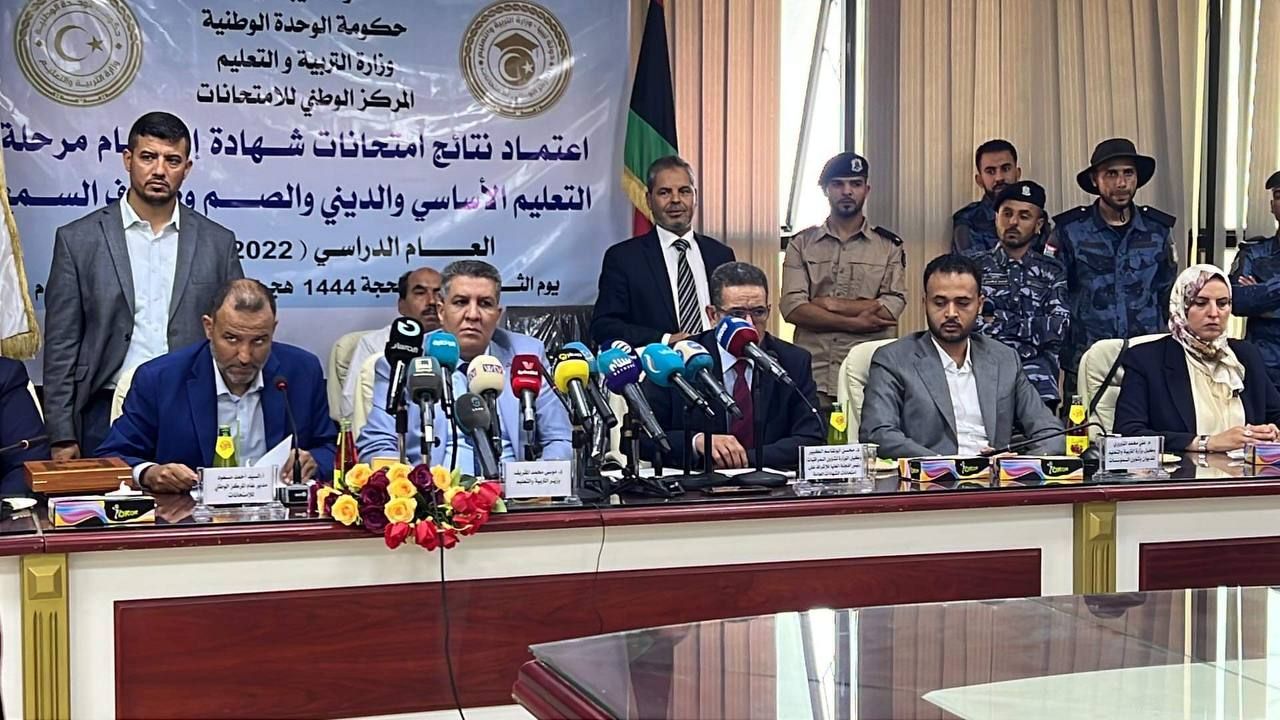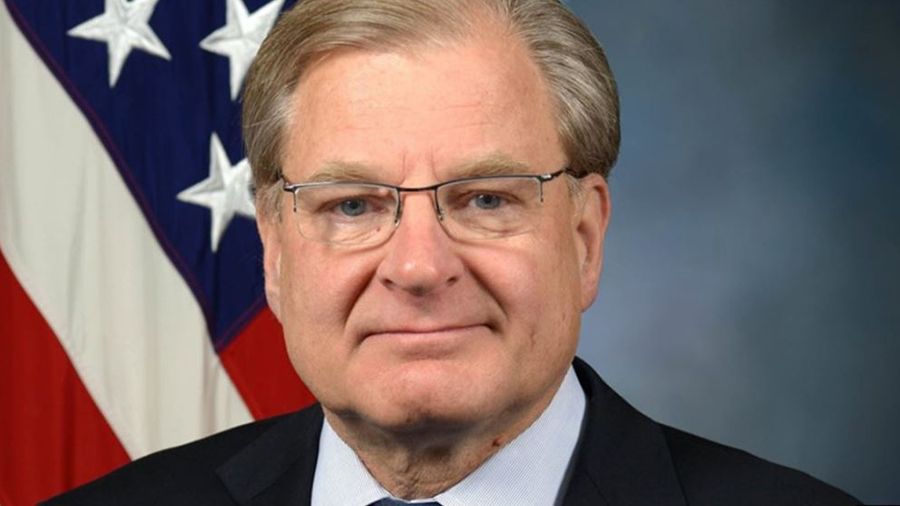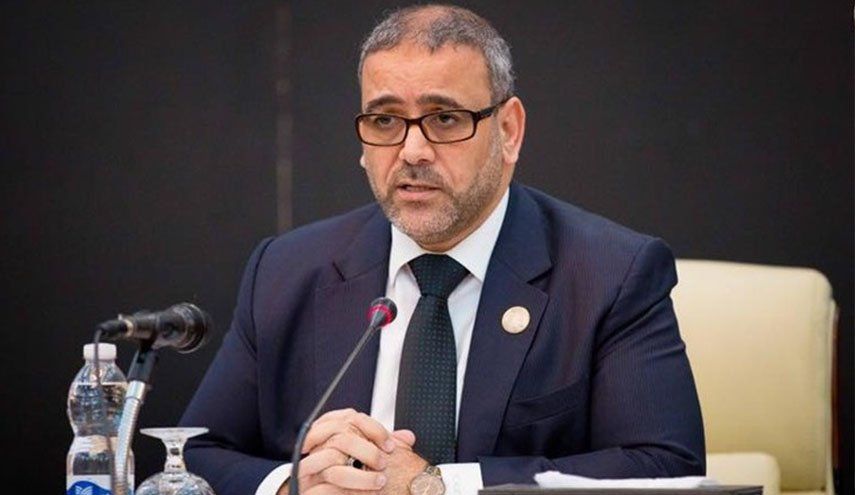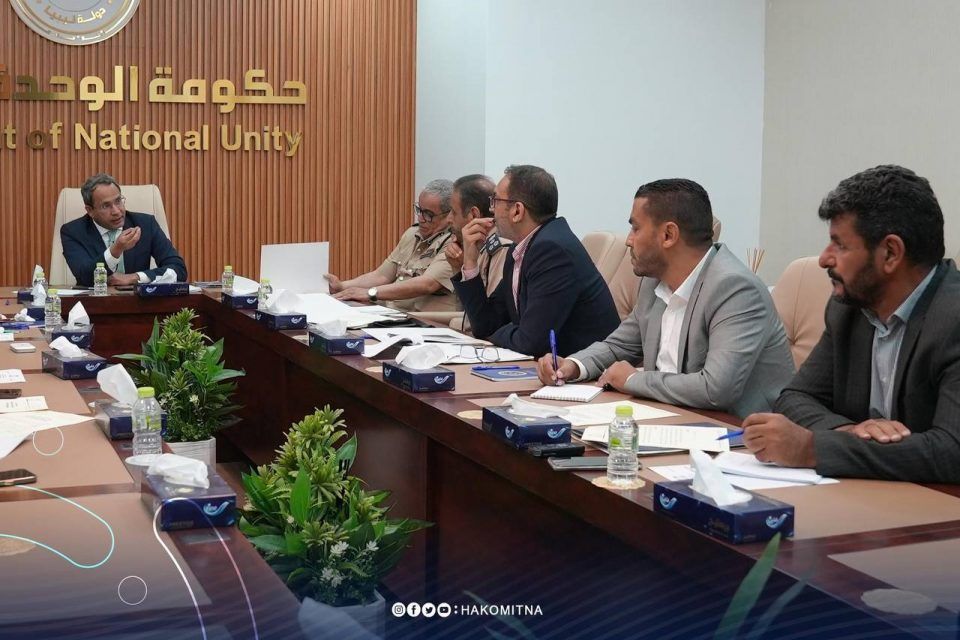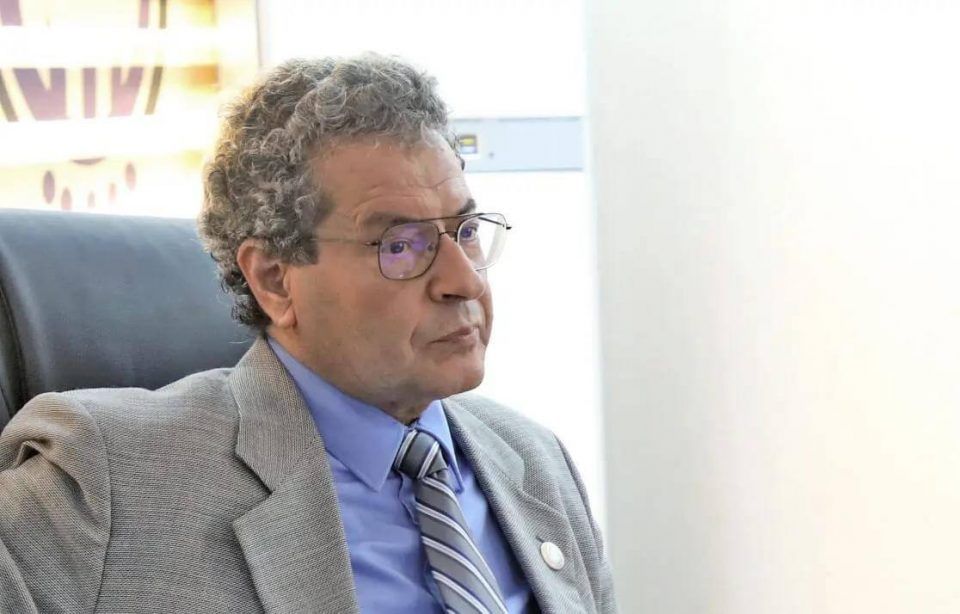Al-Maryami: “The consensus between the Supreme Council and the Parliament regarding holding elections is within the agreed framework”
The media advisor to the Presidency of Parliament, Fathi Al-Maryami, said in a statement to Sputnik today, Tuesday, that the consensus between the Supreme Council of State and the Parliament regarding the mechanisms for holding elections is within the agreed framework.
He explained that the process of selecting the new unified government must have an internal consensus among the Libyan internal parties, as well as informing the UN mission that represents the international party in the Libyan crisis of the process, in order for the international recognition of the new government and dealing with it.
Al-Maryami pointed out that the involvement of the international community and its briefing on the political process and the consensus between the two councils aims not to repeat what happened with the “stability” government, which was mandated by the legitimate parliament, and the international community did not deal with it.
Al-Maryami indicated that the steps agreed upon between Parliament and the Supreme Council of the State are proceeding according to the arrangements, which began with the formation of the “6 + 6” committee to prepare electoral laws, while other steps come later, represented in issuing laws and having them approved by Parliament, and then forming the government and announcing the schedule for the elections.
